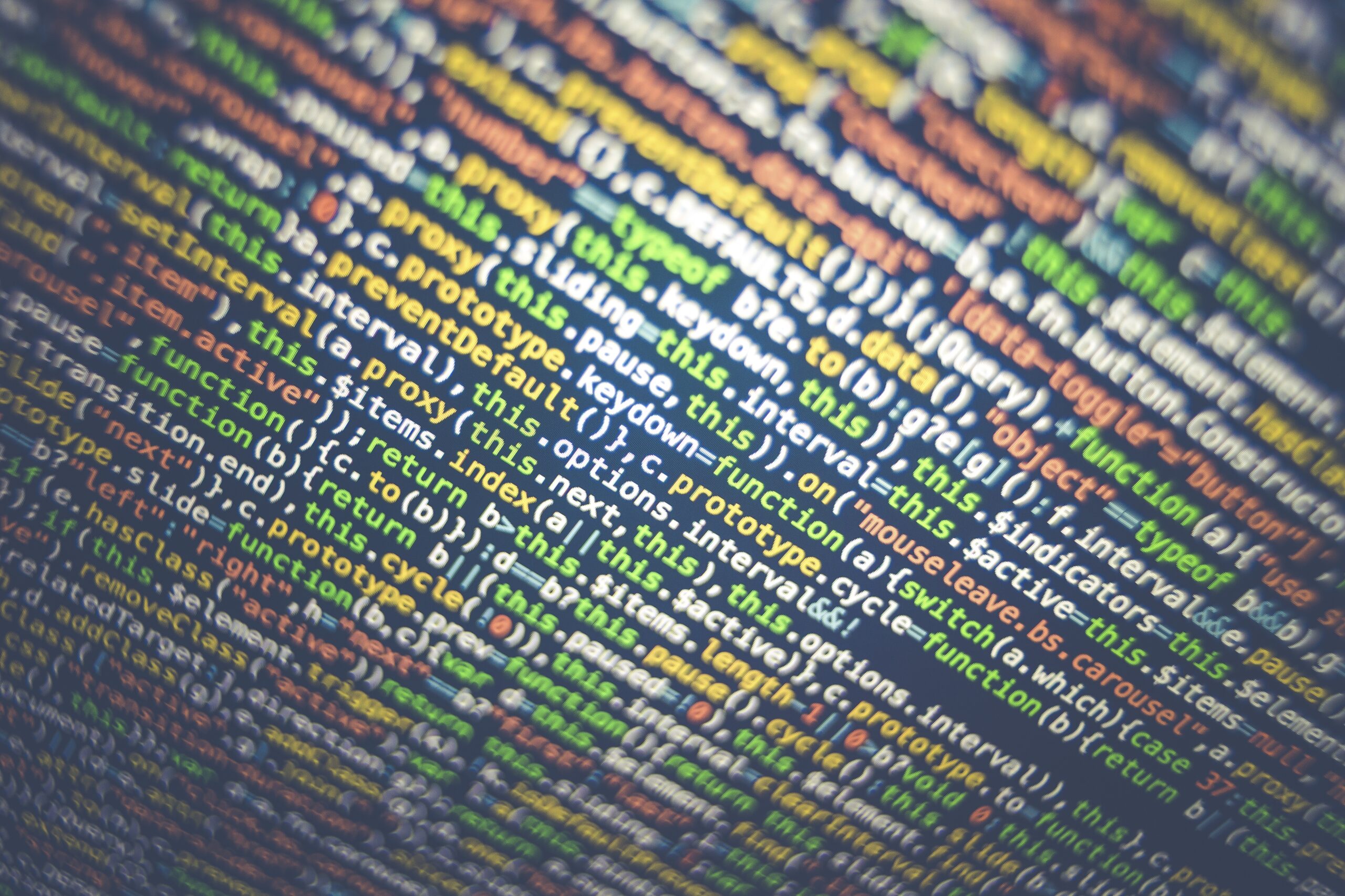 How AI is Assisting DevOps Teams to Mitigate Supply Chain Attacks in Five Key Ways
How AI is Assisting DevOps Teams to Mitigate Supply Chain Attacks in Five Key Ways
In the ever-evolving landscape of cybersecurity, software supply chain attacks have become a major concern for enterprises. A shocking 91% of companies have fallen victim to such incidents within the span of just one year. This highlights the urgent need for better safeguards to protect continuous integration/continuous deployment (CI/CD) pipelines. In response to this growing threat, artificial intelligence (AI) is proving to be an invaluable tool for DevOps teams in mitigating supply chain attacks in five key ways.
Attacking software supply chains has become a lucrative endeavor for cybercriminals and nation-state attackers alike. Historically, software supply chains have been the least-defended area of any software company or business, making them an attractive target. Recent incidents such as the Okta breach, JetBrains supply chain attack, and the Kaseya VSA ransomware attack have affected hundreds of businesses worldwide. Exploiting vulnerabilities in software supply chains allows attackers to multiply the impact of their attacks.
To combat this rising threat, AI is being leveraged in various areas to strengthen supply chain security. Firstly, Cloud-Native Application Protection Platforms (CNAPPs) rely on AI to automate hybrid and multicloud security while shifting security left in the Software Development Life Cycle (SDLC). These platforms integrate AI and machine learning (ML) to help DevSecOps teams detect threats early and scan code repositories before it’s written into an application. Leading CNAPP vendors such as Cisco, CrowdStrike, and Trend Micro are providing comprehensive protection for cloud-native applications.
Endpoint security is another crucial area where AI is making a difference. Attackers are increasingly using AI to breach endpoints and steal privileged access credentials. AI is being used to close the gaps between identities and endpoints, making it harder for attackers to move throughout a network. Extended detection and response (XDR) providers are also utilizing AI to identify weak signals across endpoints and domains, enabling novel threat detections. Leading XDR platform providers like CrowdStrike, Palo Alto Networks, and Microsoft are enhancing their systems with AI and telemetry data to define the future of endpoint security.
Adaptive automated threat detection is an essential aspect of AI in mitigating supply chain attacks. AI and ML models continuously learn from behavioral and data patterns to achieve more adaptive automated threat detections over time. XDR and CNAPP vendors are utilizing endpoint data to train their models and improve automated threat detection capabilities. As DevSecOps teams strive for greater visibility across CI/CD pipelines, AI-based automated threat detection becomes crucial for maintaining security.
AI is also streamlining analytics and reporting across CI/CD pipelines. By analyzing potential risks and predicting attack patterns, AI enables early identification of vulnerabilities and roadblocks. XDR and CNAPP vendors are investing in training their large language models (LLMs) with endpoint and attack data to enhance risk prioritization and context analysis. This ensures that critical risks are addressed promptly, safeguarding the integrity of the software supply chain.
Lastly, AI is being used to automate patch management, a critical aspect of maintaining security. Leading AI-based patch management systems interpret vulnerability assessment telemetry and prioritize risks based on patch type, system, and endpoint. Vendors like Ivanti, Jamf, and Automox offer solutions that reduce the workload on IT and security teams while effectively addressing vulnerabilities.
In the battle against supply chain attacks, AI is proving to be a powerful ally for DevOps teams. With its ability to automate security processes, enhance threat detection capabilities, and streamline analytics, AI is helping organizations stay one step ahead of attackers. However, as attackers continue to leverage offensive AI, cybersecurity vendors must continue to invest in AI technologies to gain a greater defense advantage. The war against supply chain attacks is ongoing, but with the right tools, organizations can protect their software supply chains and ensure the integrity of their systems.

